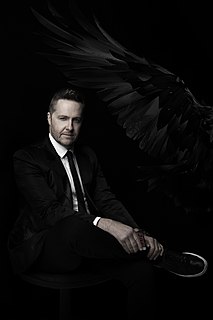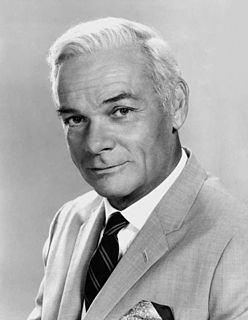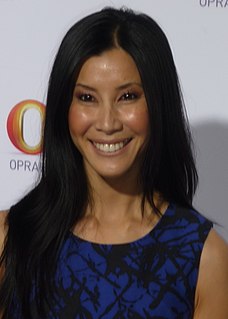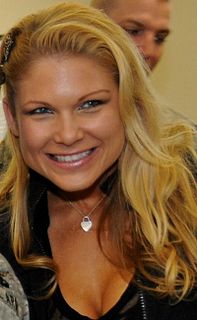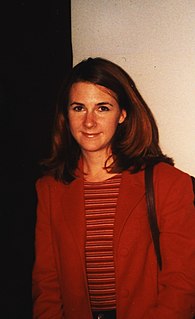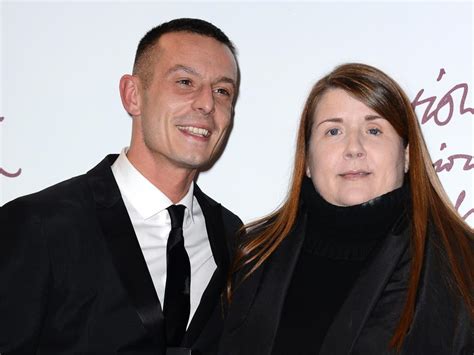A Quote by Alissa Quart
When I was doing my research for 'Branded,' I'd meet groups of teenagers and preteenagers or tweens, and they would laugh at a magazine spread in a women's magazine or teen girl magazine and say, 'I'd never buy this outfit. I know these girls are starving themselves.' But they probably would go out and buy the thing eventually.
Related Quotes
You look at, like, a 'People' magazine, which used to be a really good, you know, nice magazine you could go to for real stories. It wasn't like a 'Star' or an 'US Weekly' and they have somebody with plastic surgery on the cover, Heidi Montag. And it's obviously what consumers want, because why else would they be doing it?
First, at a certain point, I wanted to have my own magazine, but I never could. Why? Because I am not commercial enough. The people who would have been able to give me my own magazine, they were not insulting me, but they would simply say, "It wouldn't work for you." And that was a big disappointment to me.
My first job in TV was hosting this young teen magazine show, and all these high school teenagers showed up from all over Sacramento, California, and they chose four of us to host the show, two boys and two girls. And of the two girls, I was kind of the perky smart one and the other girl was the pretty one.
My very first venture was a national student magazine to try to campaign against the [Vietnam] War. And so I wanted to be an editor. I wanted to bring the magazine out. And in order for the magazine to survive I had to worry about the printing and the paper manufacturing and the distribution. And, you know, I had to try to, at the end of the year, have more money coming in than going out.



